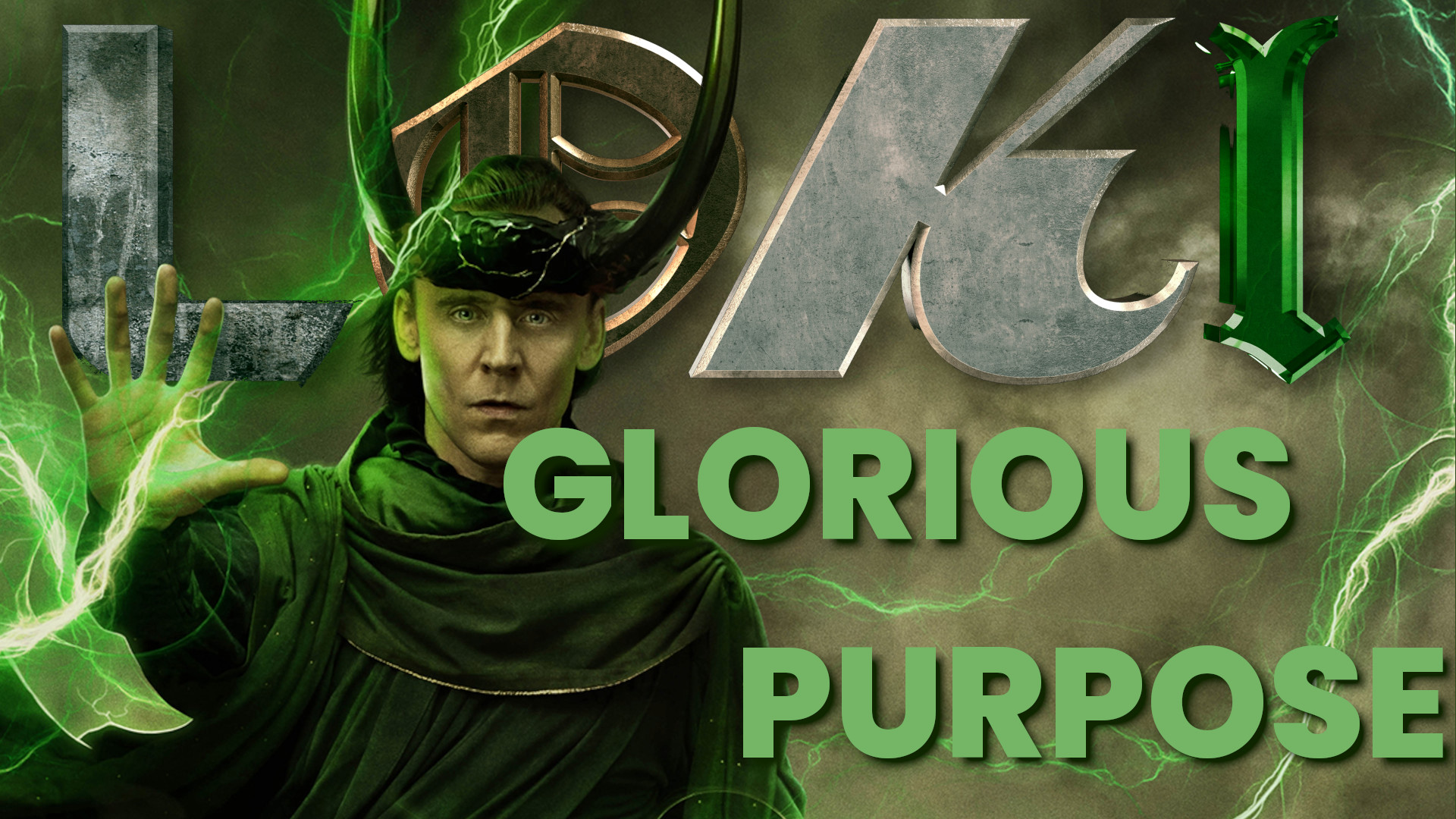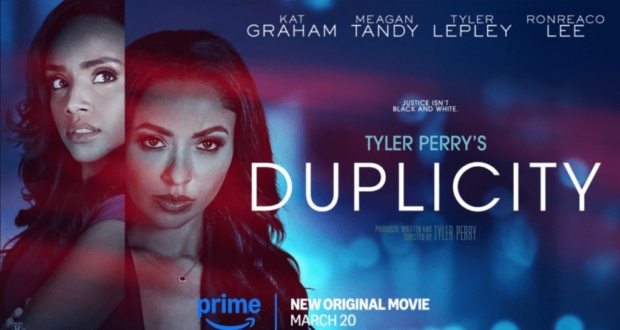As the curtains closed on Loki and the exhilarating journey, fans were left grappling with a mix of emotions. Excitement, surprise, and perhaps a tinge of sadness were all acceptable feelings at the end of the show. The show took viewers on a rollercoaster ride through the Marvel Cinematic Universe (MCU). Let’s dive into the realm of fan theories, exploring how they align with the finale and celebrating the unique journey of the God of Mischief.
The Lure of Fan Theories: A Community in Speculation
 From the very inception of Loki, fan theories became as much a part of the viewing experience as the show itself. Whether it was predicting the return of classic characters or unraveling the mysteries of the Time Variance Authority (TVA), the Loki fandom demonstrated an unparalleled passion for speculation.
From the very inception of Loki, fan theories became as much a part of the viewing experience as the show itself. Whether it was predicting the return of classic characters or unraveling the mysteries of the Time Variance Authority (TVA), the Loki fandom demonstrated an unparalleled passion for speculation.
Week after week, online forums buzzed with theories, each more intricate than the last. The prospect of multiverses, hidden villains, and unexpected alliances fueled the collective imagination of fans. The Loki experience extended beyond the screen, transforming into a shared journey of discovery and anticipation.
Loki’s Mischievous Gambit: Subverting Expectations
With each episode, Loki embraced its mischievous nature, adeptly subverting fan expectations. The showrunners, aware of the speculative frenzy, skillfully wove unexpected twists into the narrative. The variant reveals and the introduction of Sylvie added layers of complexity, sending shockwaves through the fan community.
As the series progressed, it became evident that the showrunners were playing a game of temporal chess with the audience. The fan theories, while often impressive in their creativity, were met with unpredictable narrative choices that kept viewers on the edge of their seats. The finale, in particular, showcased Loki’s commitment to defying the norm.
Loki’s Emotional Core: A Selfless Evolution
 At the heart of the finale was a moment of profound evolution for Loki. The character, known for his mischief and self-interest, made a selfless decision that resonated with fans. Tom Hiddleston’s portrayal, enriched by the emotional weight of the journey, added depth to the character’s arc.
At the heart of the finale was a moment of profound evolution for Loki. The character, known for his mischief and self-interest, made a selfless decision that resonated with fans. Tom Hiddleston’s portrayal, enriched by the emotional weight of the journey, added depth to the character’s arc.
The finale’s poignant moments, especially Loki’s interactions with Sylvie and Mobius, underscored the show’s emphasis on growth and redemption. The line, “I know what kind of God I need to be for you, for all of us,” echoed Loki’s journey from a self-serving deity to a nuanced, compassionate figure.
Loki’s Impact on the MCU Landscape
As we reflect on Loki’s journey, it’s essential to acknowledge the character’s impact on the broader MCU landscape. The series not only contributed to the expansion of the multiverse narrative but also laid the groundwork for future Marvel projects. The repercussions of Loki’s actions are poised to reverberate across the MCU. This season’s ending promises a ripple effect that will influence storylines to come.
In conclusion, Loki transcended the realm of mere entertainment, becoming a cultural phenomenon. From the fevered speculation of fan theories to the unexpected twists of the finale, the show embodied the unpredictable spirit of its titular character. As we bid adieu to Loki, we can’t help but marvel at the journey we undertook. A journey filled with mischief, emotion, and the infinite possibilities of the multiverse. A true journey into mystery.




















